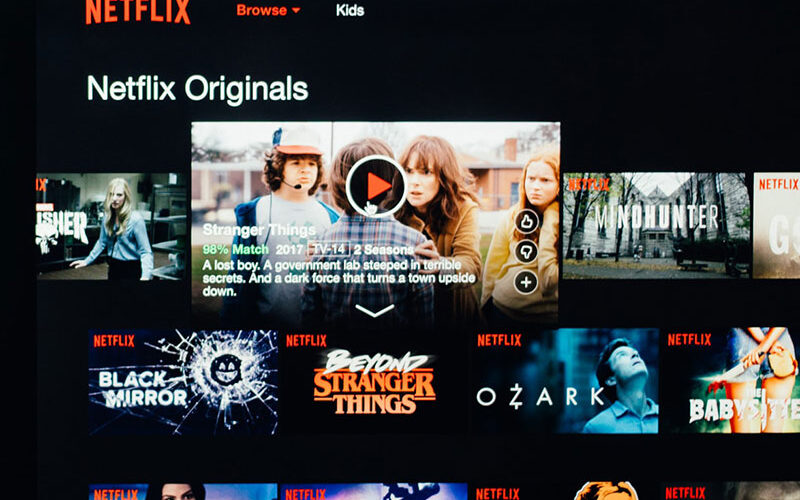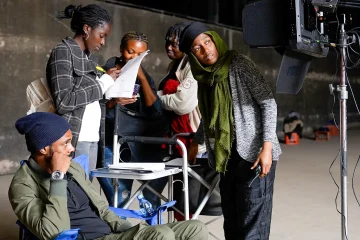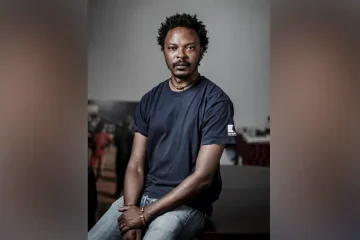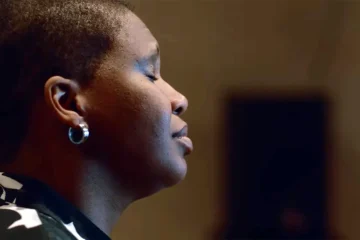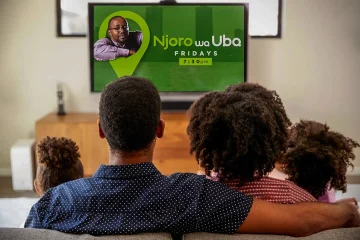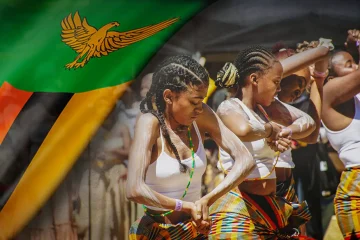DUNCAN MIRIRI
NETFLIX Inc is showing more African-made content and working with telecoms operators to make it easier for potential subscribers to make payments, a senior executive told Reuters ahead of its third-quarter results on Tuesday.
The online content streaming giant, which has 193 million subscribers globally, is keen to expand in Africa and is seeking ways to overcome challenges including slow and expensive internet and the lack of proper payments infrastructure in the 55-nation continent.
“Given the low credit card penetration across the continent … we have partnered with local telcos … for their customers to be able to add Netflix subscriptions to their bills,” said Netflix’s head of original programming for Africa, Dorothy Ghettuba.
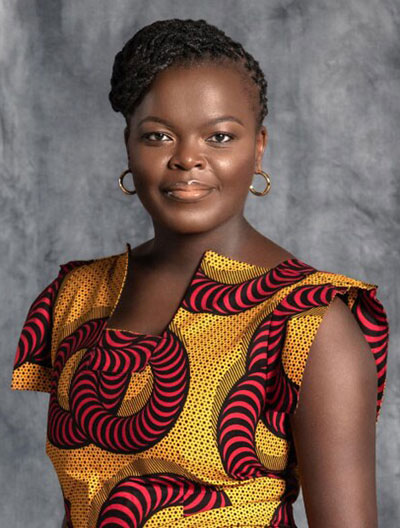
She said they already have partnerships with Vodacom and Telkom South Africa, adding that Netflix is looking for further tie-ups.
Expensive high-speed internet in some countries is also a key challenge, Ghettuba said, adding that Netflix is trying to address that by allowing wi-fi downloads for later viewing rather than use pricey mobile data for streaming.
Netflix, well established in South Africa and Nigeria, is now looking towards the Kenyan market, Ghettuba said.
The pay TV market in Africa is dominated by South Africa’s Multichoice Group, which has an edge over Netflix from its dozens of channels dedicated to news and live sports events.
The South African group, in addition to its entertainment channels showing films, series and documentaries, has also started online streaming service Showmax to compete directly with Netflix.
To improve its appeal in the market, Netflix has been boosting its library with African productions.
“The business is excited about Africa and is putting every effort behind it,” said Ghettuba, who joined Netflix last year after a decade running a Kenyan production house.
Ghettuba declined to specify the value of Netflix’s investments in Africa, but the company has agreed a slew of content-licensing deals with African producers in markets including Senegal, Ghana, Zimbabwe, Angola and Mozambique. – Thomson Reuters Foundation.

